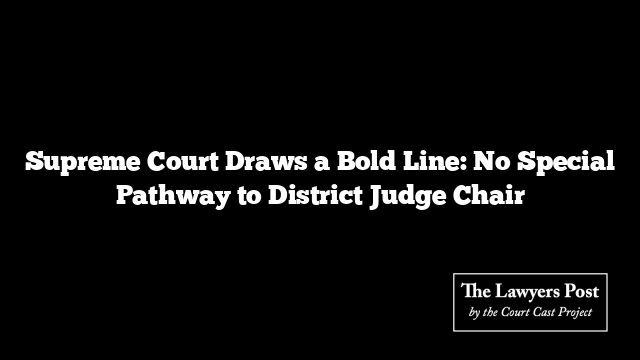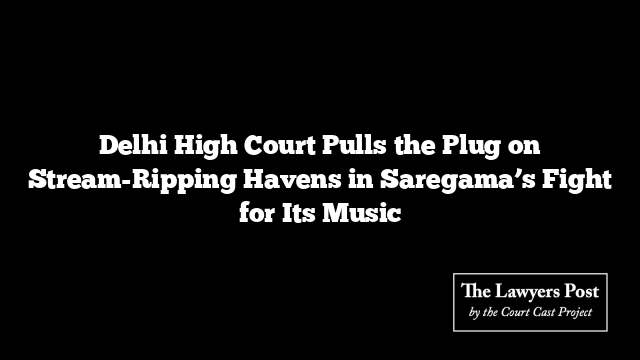In a judgment that landed like a gavel on steel, the Supreme Court swept the Tribunal Reforms Act, 2021 clean off the constitutional table, calling it exactly what it was trying not to look like: a repeat performance of provisions the Court had already buried.
A bench led by the Chief Justice, joined by a companion judge, signaled unmistakable exasperation with the Union’s insistence on resurrecting rules previously condemned in the Madras Bar Association line of cases. The message was unvarnished — the Constitution is not a revolving door, and legislation cannot creep back in wearing a new nametag after being thrown out once before.
The Court’s reasoning was blunt enough to echo:
The Act, it said, didn’t repair defects; it disguised them.
It didn’t correct constitutional flaws; it recycled them.
And worst of all, it tried to legislate over binding judicial pronouncements — a manoeuvre the Court called a “legislative override in the strictest sense,” a move flatly forbidden under the nation’s constitutional architecture.
Provisions the Court had already held to be corrosive to judicial independence — the minimum age of fifty for appointments, the clipped four-year tenure, the civil-service-style allowances, and the two-name shortlist requirement — all returned in familiar form. The Court made it clear these ideas were not merely questionable; they were dead and buried, and the Act’s attempt to resurrect them was unconstitutional.
Until Parliament produces a fresh statute that faithfully follows earlier judicial directions, the standards laid down in the MBA IV and MBA V decisions will continue as the governing framework. That includes the requirement of a minimum five-year tenure and the eligibility of advocates with at least a decade of experience.
The judges also shielded those who were caught midway through the system: any member or chairperson whose selection had been completed before the 2021 law kicked in would keep the protections of the earlier regime. Their conditions of service would remain exactly as the Court had previously mandated, untouched by the now-struck Act’s truncated terms.
All of this came in response to a challenge filed by the Madras Bar Association in 2021, which argued that the government had attempted to re-enact—almost line for line—the very frameworks the Court had invalidated in 2020 and 2021. The Court agreed, and its conclusion was unequivocal.
And with a final directive, the bench gave the Union Government four months to finally establish the long-awaited National Tribunals Commission — a reform the Court has been urging for years, and one it clearly no longer intends to see postponed.
The Constitution, the judgment affirmed, cannot be rewritten by repetition.





